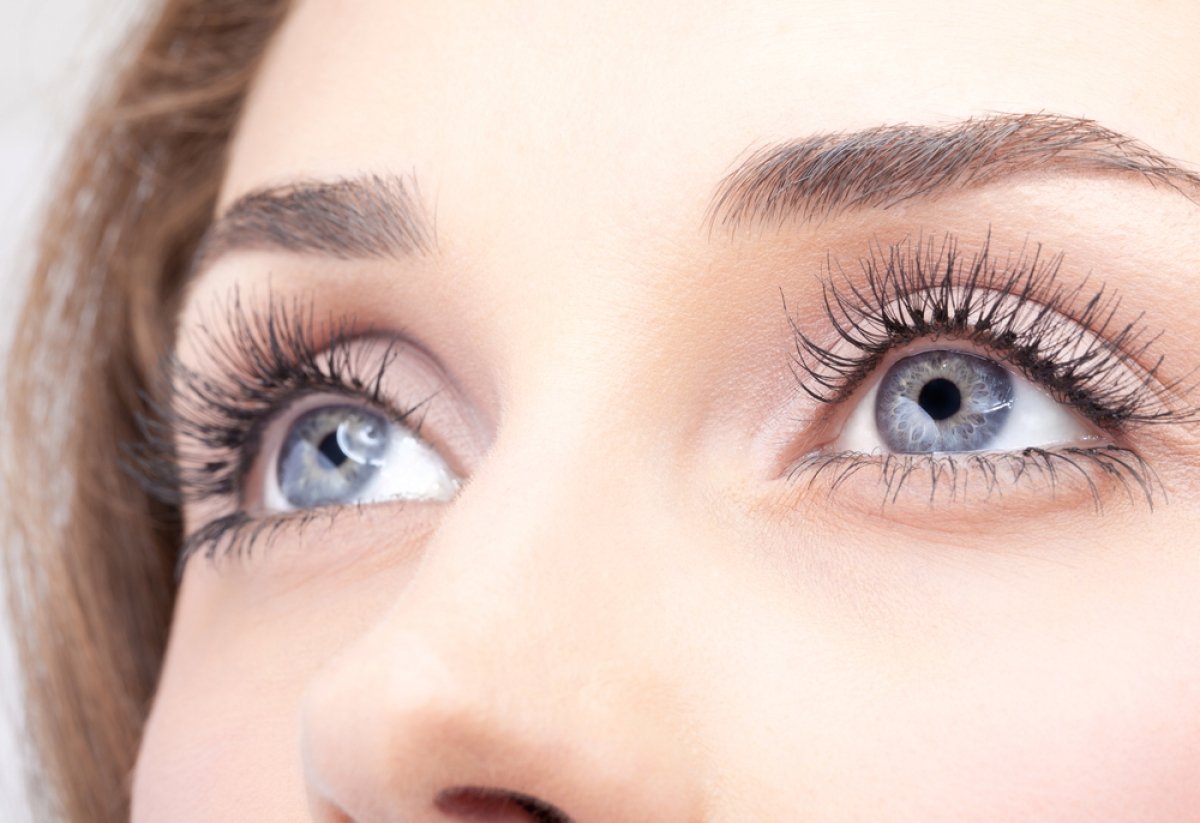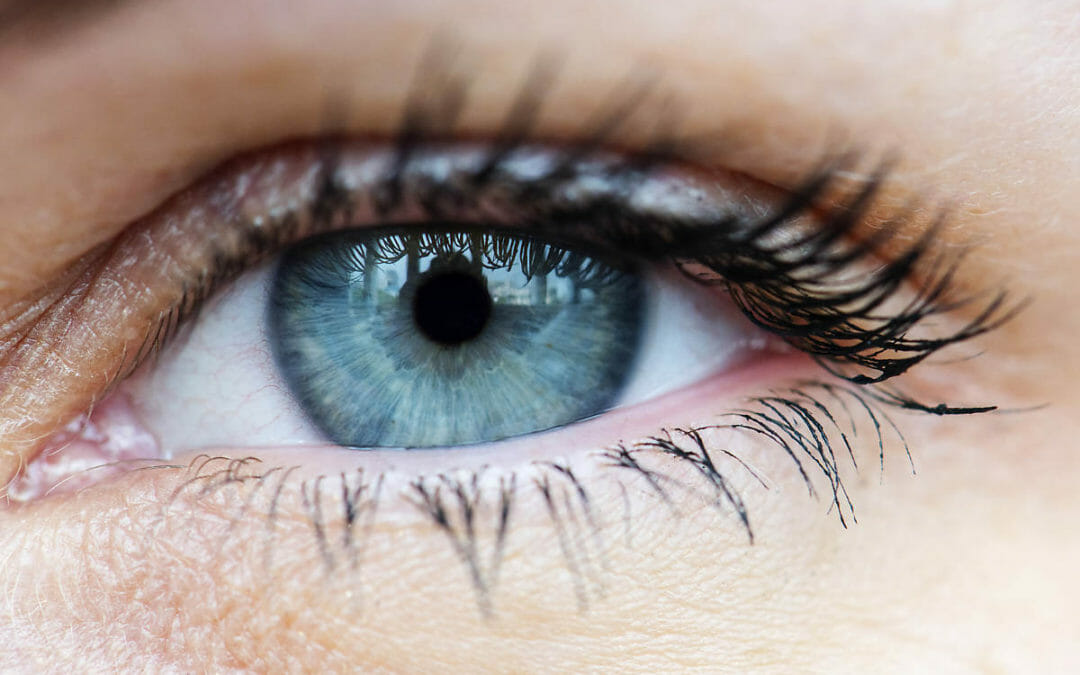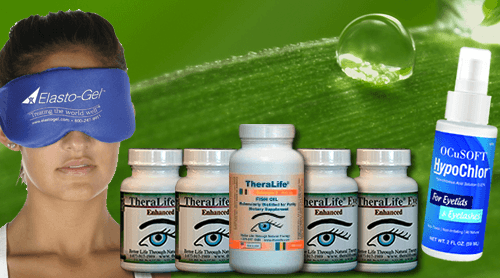 The most common causes of dry eyes are aging and disease. In severe cases, dry eye may lead to corneal ulcers and inflammation. It can also reduce the quality of life and make everyday activities difficult. For these reasons, it is vital to know the causes of dry eyes. These medications and therapies can help you to treat this condition. But what can you do to prevent it? There are a few things you can do to reduce your chances of developing dry eye.
The most common causes of dry eyes are aging and disease. In severe cases, dry eye may lead to corneal ulcers and inflammation. It can also reduce the quality of life and make everyday activities difficult. For these reasons, it is vital to know the causes of dry eyes. These medications and therapies can help you to treat this condition. But what can you do to prevent it? There are a few things you can do to reduce your chances of developing dry eye.
Causes of Dry Eyes
The first thing to do is to determine the cause of dry eye. A lack of tear film is a common cause of dry eyes, and it will lead to different symptoms. Your eyes are designed to produce a thin film of tears, but as you age, tear production decreases. Certain conditions can affect this tear film by causing eyelids to become infected with bacteria. Blepharitis is one of the most common causes of this condition, but any problem that affects the health of your eyelids will lead to dry eyes.
Causes of Dry Eyes: Lack of Sleep
Another cause of dry eyes is improper sleep. Some people experience dry eye symptoms when they sleep with their eyes closed. This can result in an increased risk of infection. In more severe cases, the lack of tears can result in corneal ulcers and abrasions. To diagnose dry eye, an eye doctor will perform a thorough exam of your eyes and measure the quality and quantity of tears. If the cause is not treatable through home remedies, you can visit your eye doctor and have a comprehensive exam performed. During this appointment, your eye doctor will determine what the proper treatment will be.
Your eye doctor will evaluate your symptoms and assess the severity of your condition. They’ll also look at your medical history and examine your eyes. If they find abnormal tears, they’ll prescribe appropriate medications. If you’re suffering from excessive evaporation of tears, your doctor might prescribe artificial tears or use a lubricant. If the causes of dry eyes aren’t correctable, you can talk to your eye doctor to discuss a treatment option.
Causes of Dry Eyes: Age and Medication
The most common causes of dry eyes are age and medication. Older adults are more likely to develop the condition than young people, and the condition may be a sign of aging. Women can experience problems with dry eyes as a result of a lack of tears because of hormonal changes. For other reasons, a woman’s tear production can be decreased due to her pregnancy or a low intake of omega-3 fatty acids.
Oftentimes, eyelid disorders are related to dry eyes. Therefore, these conditions should be addressed as part of your dry eye treatment. Depending on the severity of the problem, your doctor may prescribe steroid eye drops, antibiotics, and cleansing treatments. Besides avoiding sunlight and irritants, dry eyes can also lead to a variety of other conditions, such as migraines and rosacea.
There are several other causes of dry eyes. The most common is an increase in tear evaporation. It can be caused by exposure to smoke, wind, or not blinking enough. Inflammation of the eyelid glands can also result in an imbalance in the composition of tears. Inflammation of these glands can lead to the condition. Inflammation can affect the eyes. As a result, your eyes may become painful.
In addition to medications, you may be considering lifestyle changes that will reduce your risk of developing dry eye. Rewetting drops can cause further damage. Other than using artificial tears, it is important to take the proper vitamins and minerals to improve your eye health. Some of these supplements are available over-the-counter. However, be sure to see a doctor before taking any medication. There are many causes of dry eyes and the most common of these are listed below.
Age is another cause of dry eyes. Among these, aging can lead to reduced tear production. Other factors may also contribute to dry eye. Air conditioning and extended computer usage can cause the eyes to become uncomfortable. Moreover, a lack of vitamin B12 may affect the eyes. If these factors are present, it is recommended to consult a physician to prevent the onset of the condition. This can help you keep your vision healthy.




